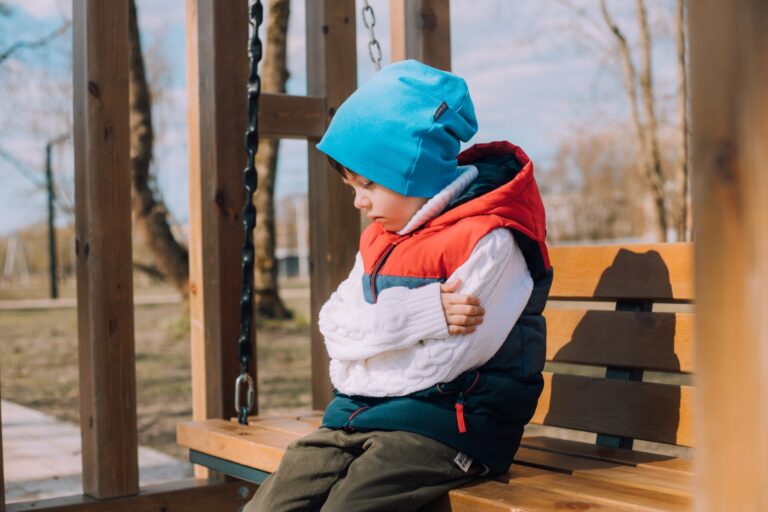Caregivers and parents often notice a strange phenomenon with their foster and adoptive children. They see that their children can get just as dysregulated from a compliment as they can from a complaint. Their children have angry responses to parents telling them they did well just as they do to parents providing constructive criticism. Why is this? Compliments are not designed to be a threat.
The family is designed to be a safe, nurturing place for children. However, not all children receive nurture in their families of origin. This is why children are placed in foster and adoptive homes: to receive the care that biological parents are unable to provide… maybe for a season, maybe for a lifetime. Children who do not receive care early on can experience immense pain because they are not receiving what they need – the biological imperative of connection (Gobbel, 2020). To assuage the pain, children build walls. They begin to see connective relationships as dangerous because those relationships provide possibilities for pain. They start rejecting connection because rejection feels safer. As Robyn Gobbel writes, “Imagine having been so hurt by connection that you orchestrate your entire life around rejecting connection.” That is sometimes where kids from hard places live. They reject care. They reject compliments because the prospect of connecting and getting hurt again is just too scary.
For survival reasons, the survival brain remembers bad rather than good. This keeps the body on alert and ready to protect itself (Warner, 2007). Children with a background of trauma often have had more bad than good in their past, and their bodies—and brains—remember it. They do not have tolerance for the good stuff. Maybe really bad stuff happened with the good stuff too… for example grooming associated with affection, or abuse coupled with tokens and treats (Gobbel, 2021). In either case, the window for tolerating good stimuli is narrow. Instead of bathing in the good bonding chemicals of the oxytocin hormone (MacGill, 2017), children’s brains are bathing in the stress hormone, cortisol, when compliments come (Gobbel, 2021). Already in a state of arousal, good times suddenly go bad.
So what’s a foster or adoptive caregiver or parent to do? They don’t want to end up in a state of blocked care or hardness of heart towards these precious children in their home (Corkum & Qualls, 2020). First of all, caregivers and parents can have compassion for their children and for themselves. Believing that children need connection, even if they are rejecting it, allows caregivers to keep giving kindness (Gobbel, 2020). Parents can have compassion for themselves and the natural tendency to cut off painful feelings and relationships too (Corkum & Qualls, 2020). Parents can observe these thoughts and feelings and then choose to act differently. Second, caregivers and parents can provide a secure, stable home setting to increase feelings of safety (Brickel, 2021). Safety is the groundwork on which all other skills must be built. Third, caregivers and parents can work with their children to practice regulatory strategies such as deep breathing, meditating, mindfulness, and stretching. These can help children regulate their nervous systems on a regular basis, providing more window of tolerance for when situations that activate the nervous system emerge. Fourth, caregivers and parents can work with therapists and other mental health professionals to help children unpair care from hurt (Gobbel, 2021) and build tolerance for receiving positive affect and care (Brickel, 2016). This takes time but can be done.
Why can’t the foster or adoptive child take a compliment? Well, it is complicated. It is probably a function of not only the trauma they have experienced in previous homes, but also a complex mix of biology and physiology. This can change though. Consistent, connected caregivers make a world of difference for their children, and for the world! Caregivers and parents, don’t give up. Give in! Foster and adoptive children benefit greatly from your care, even if they cannot receive all of your compliments in a regulated state right now.




